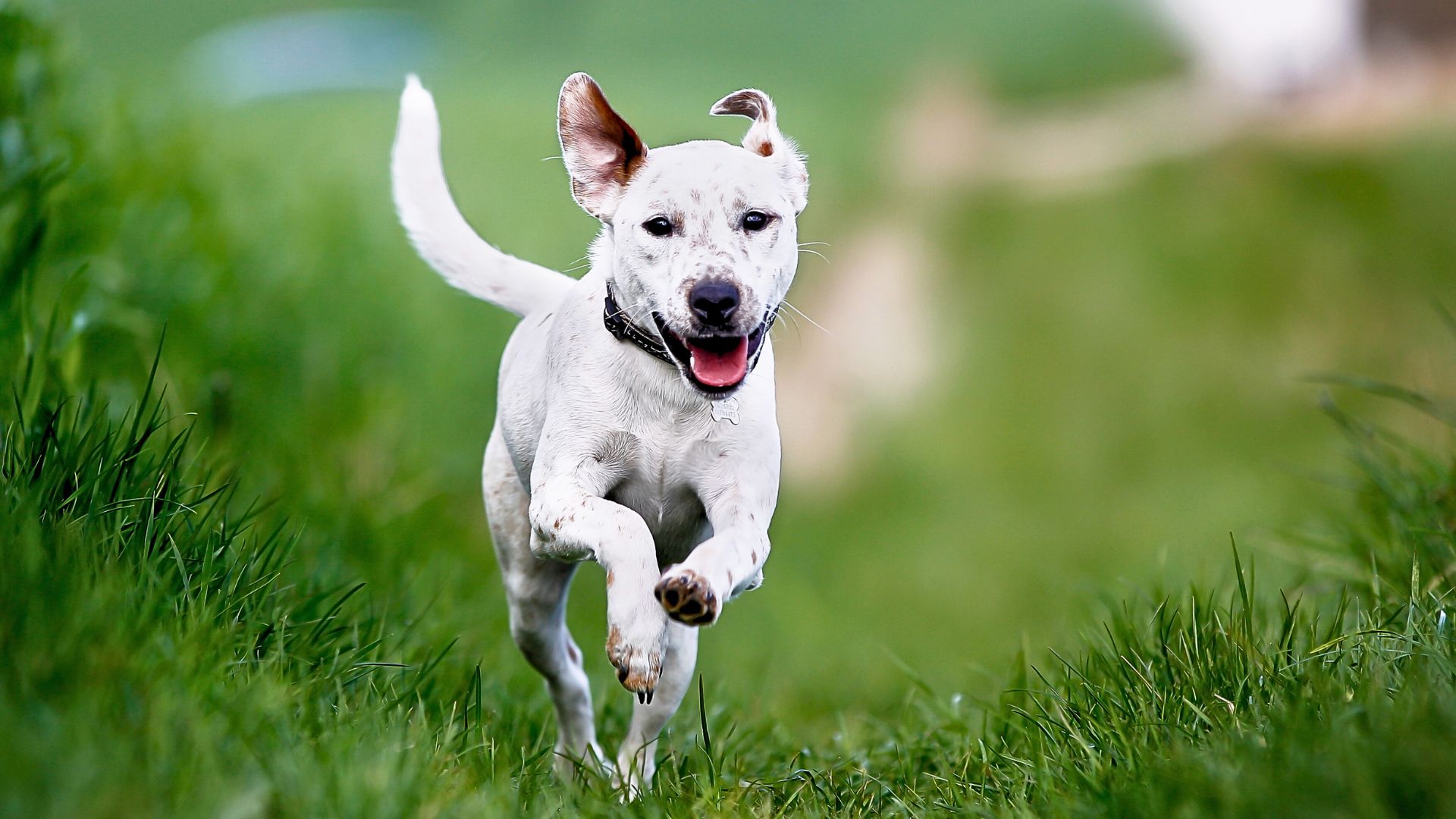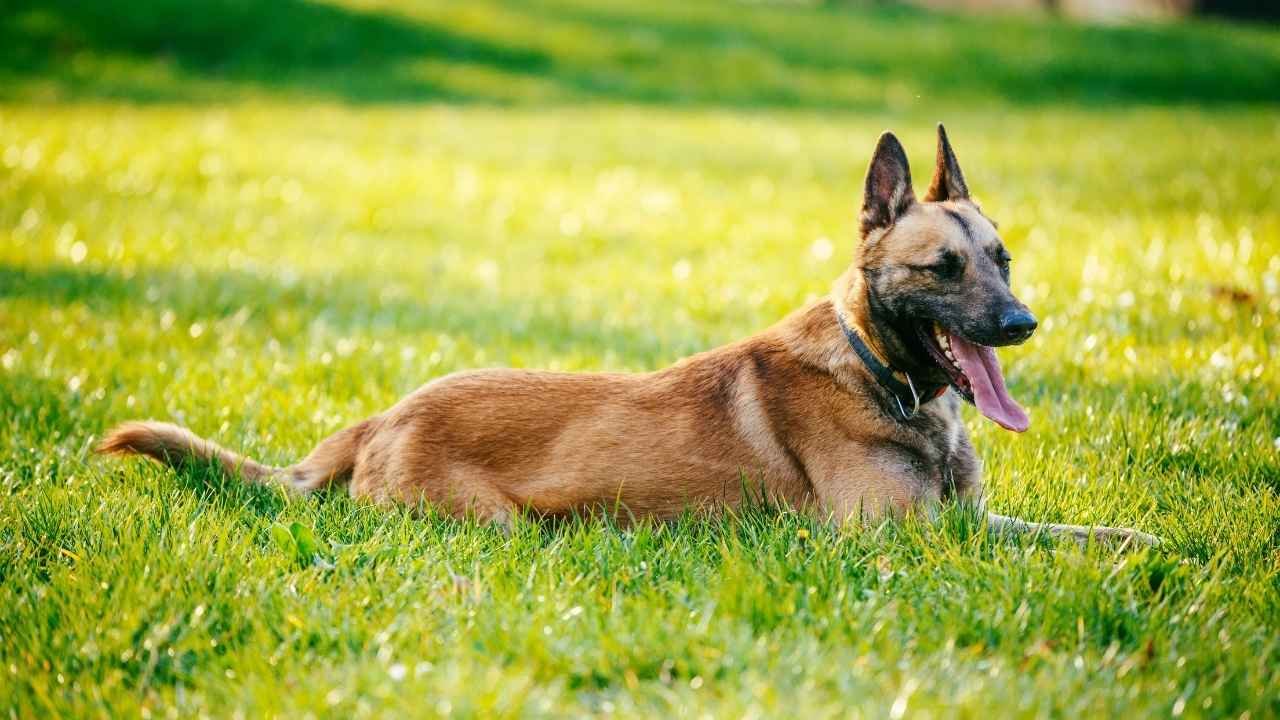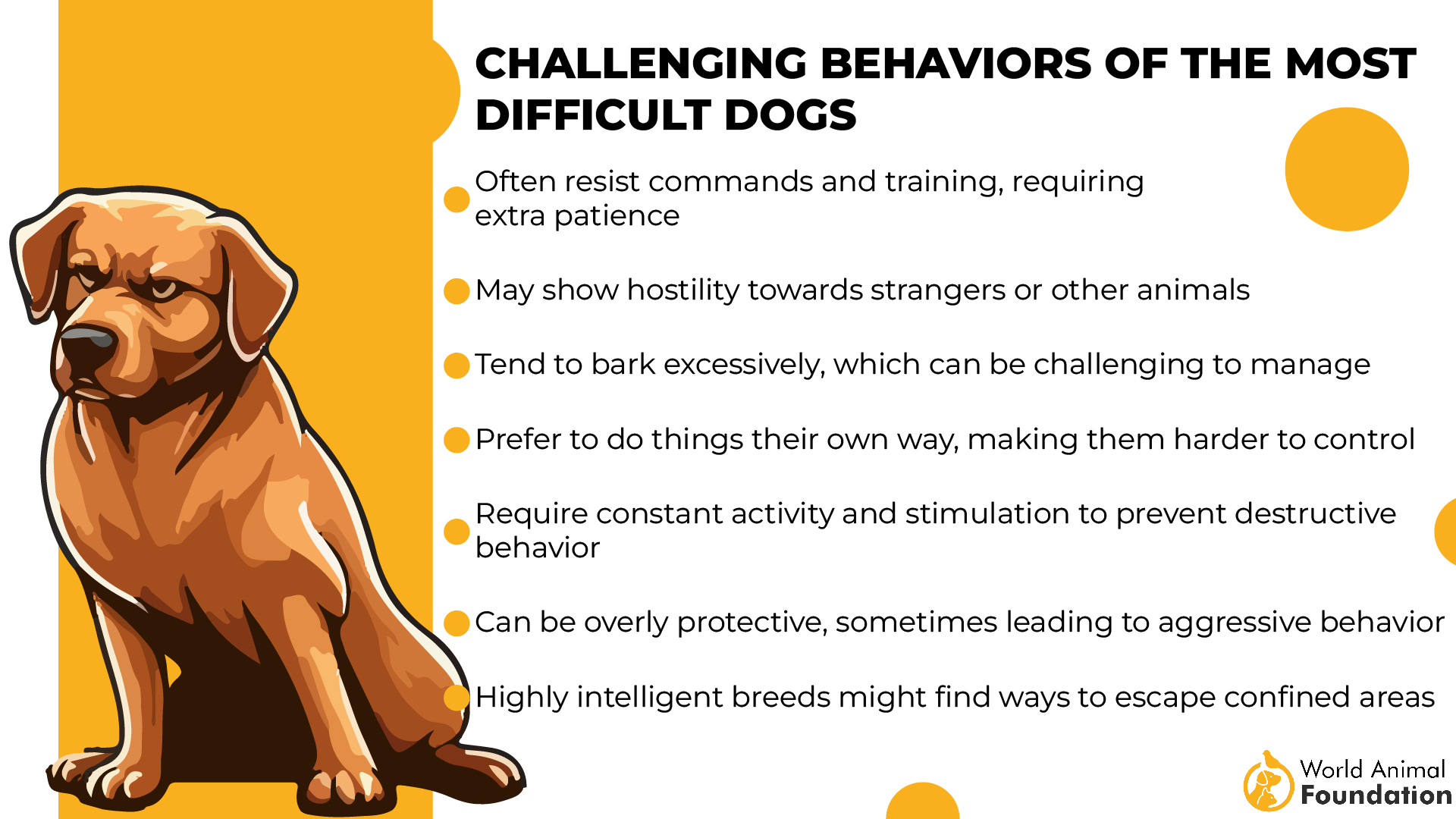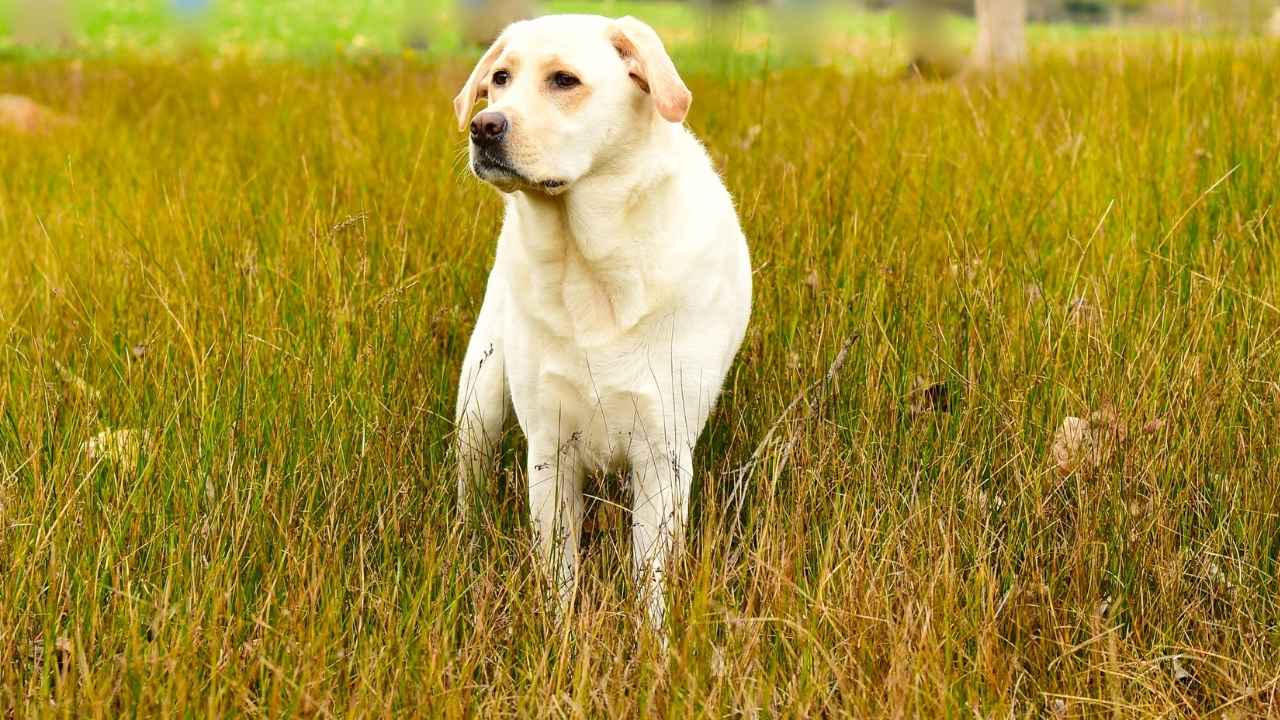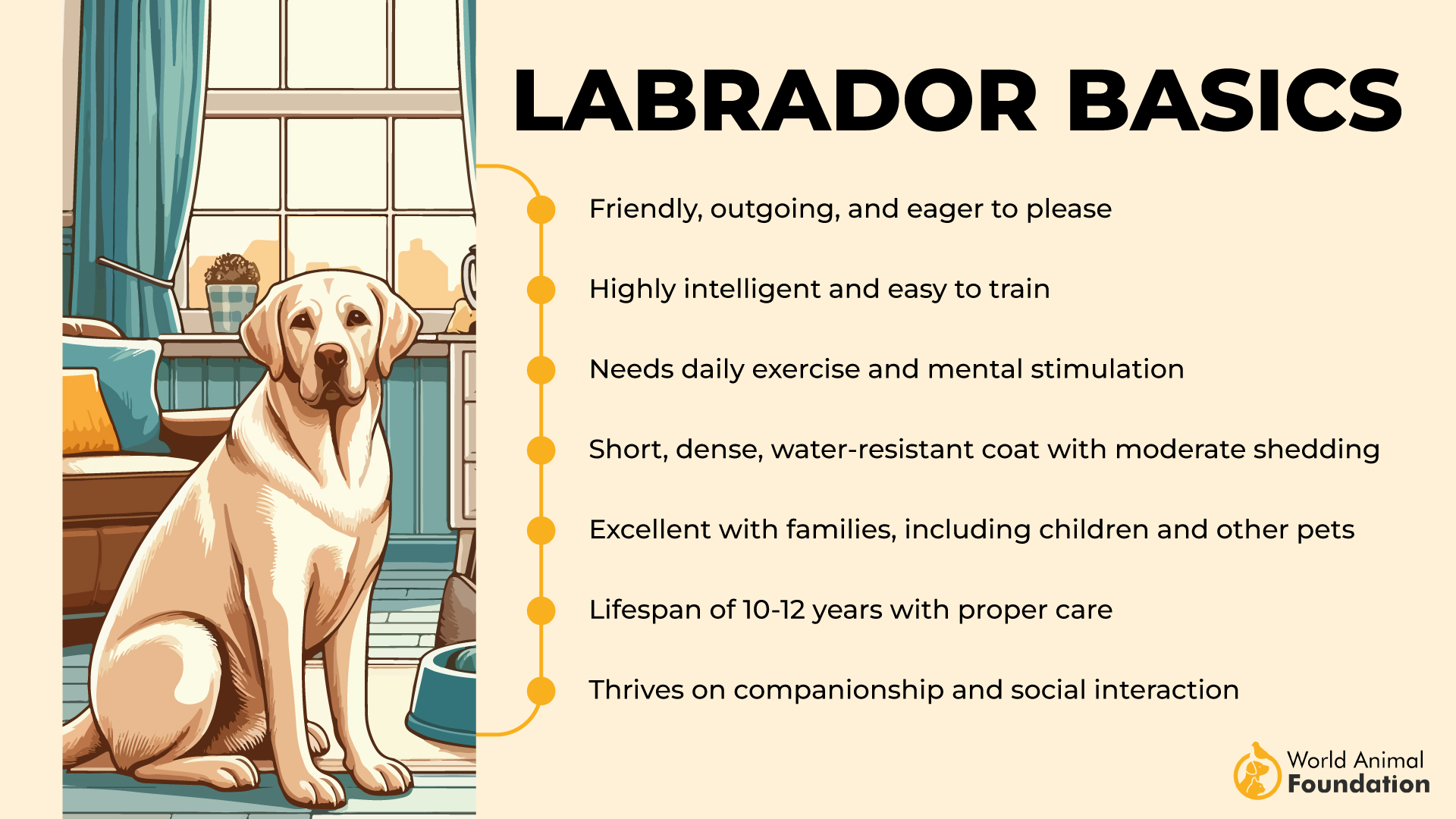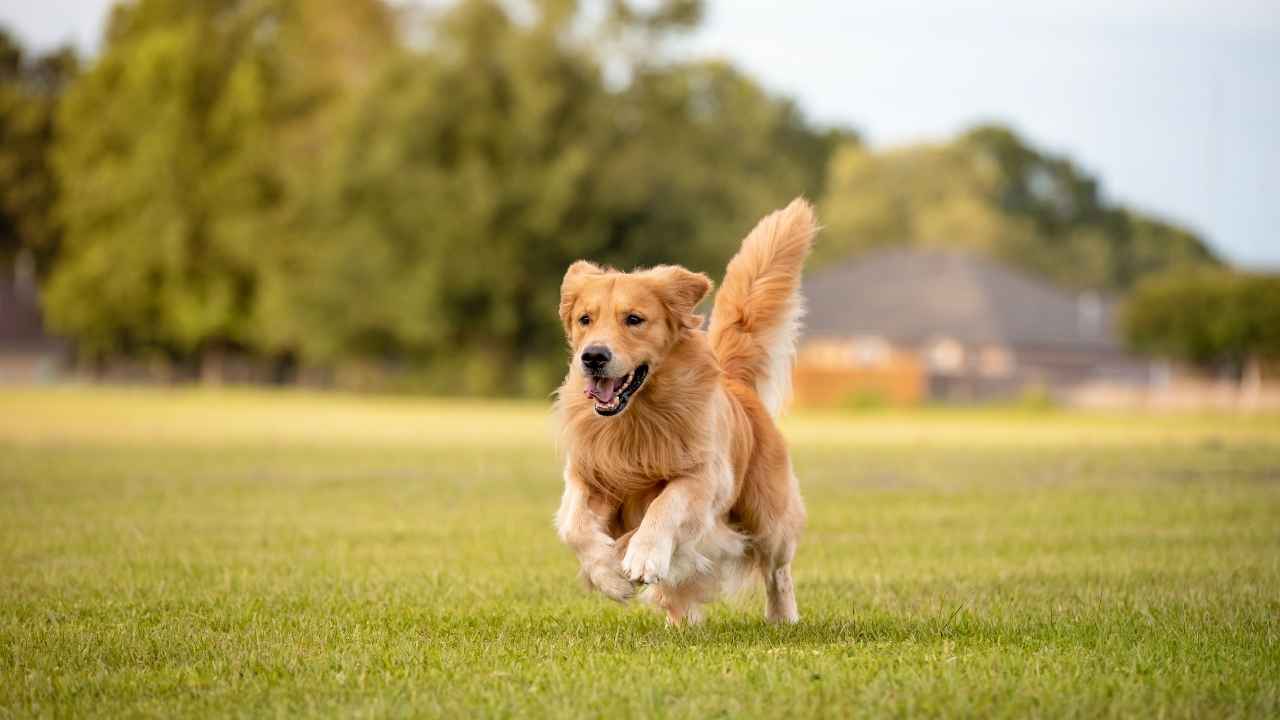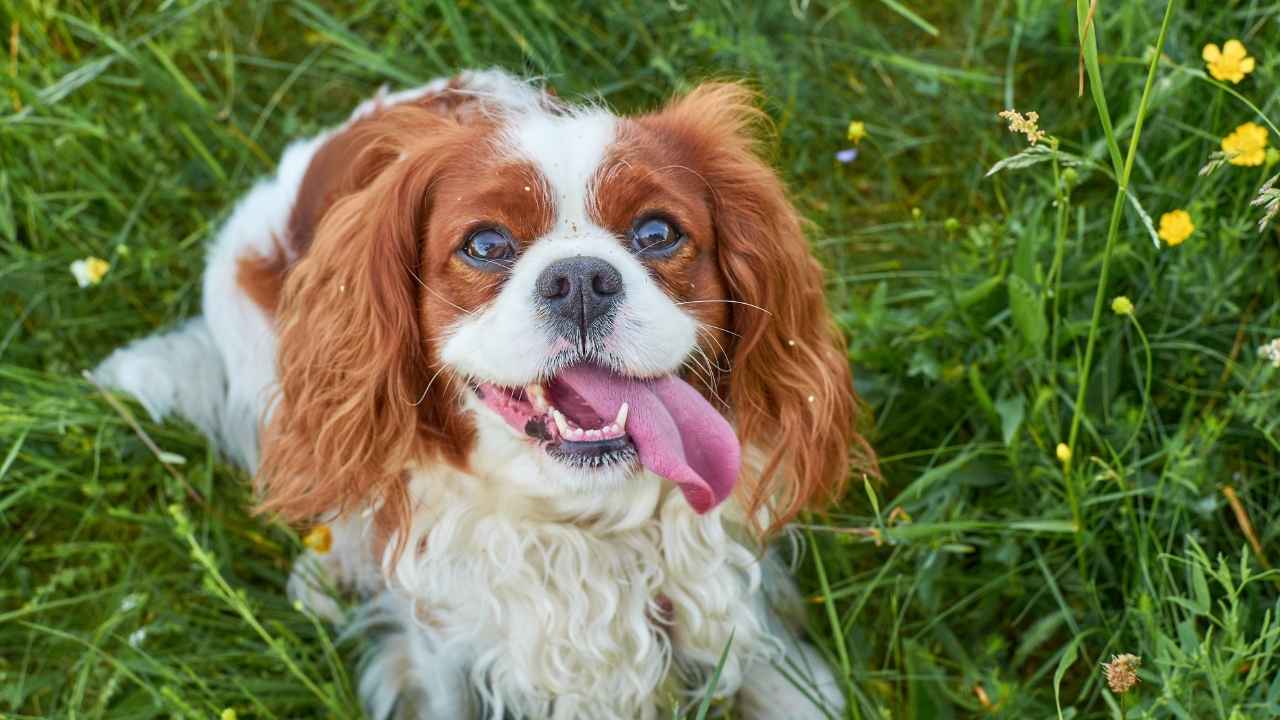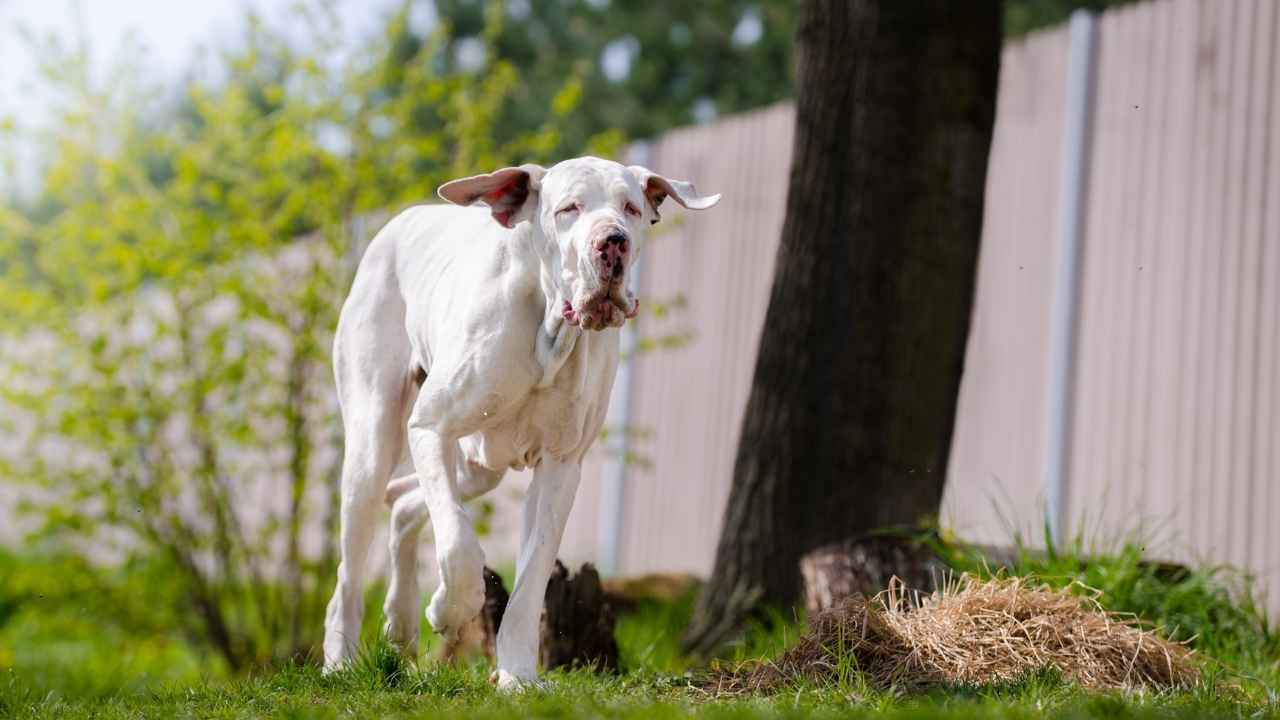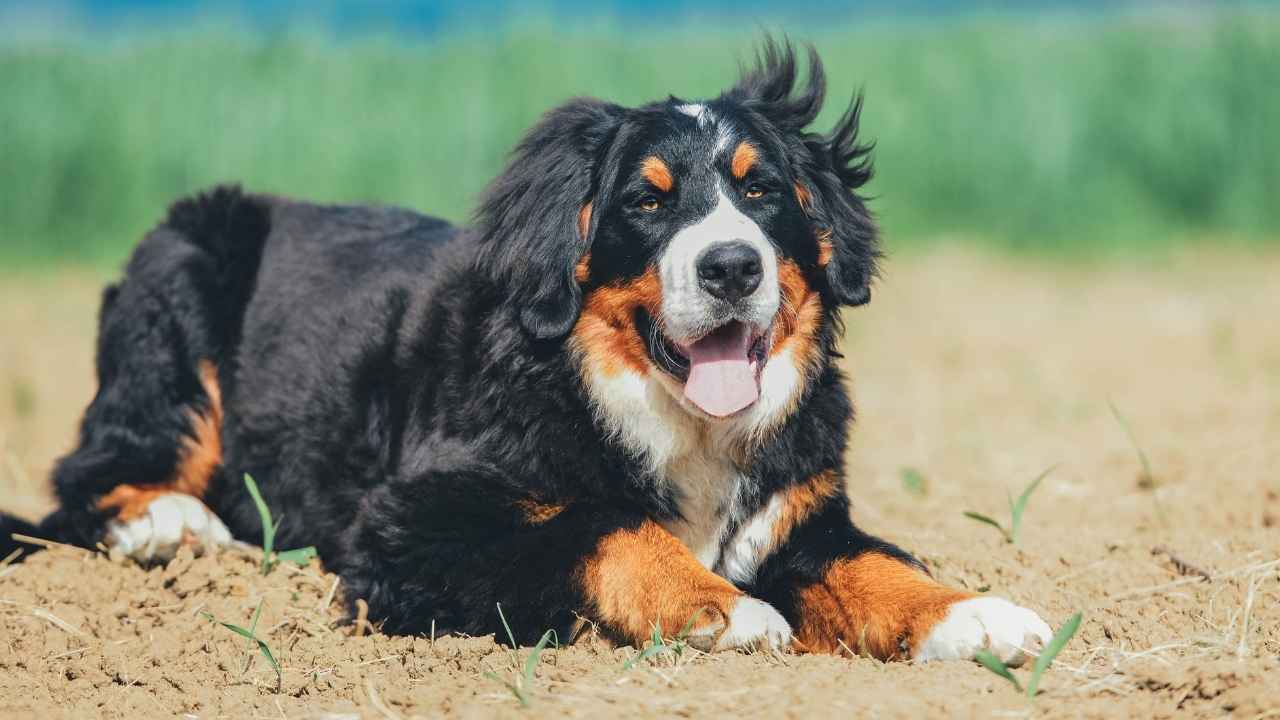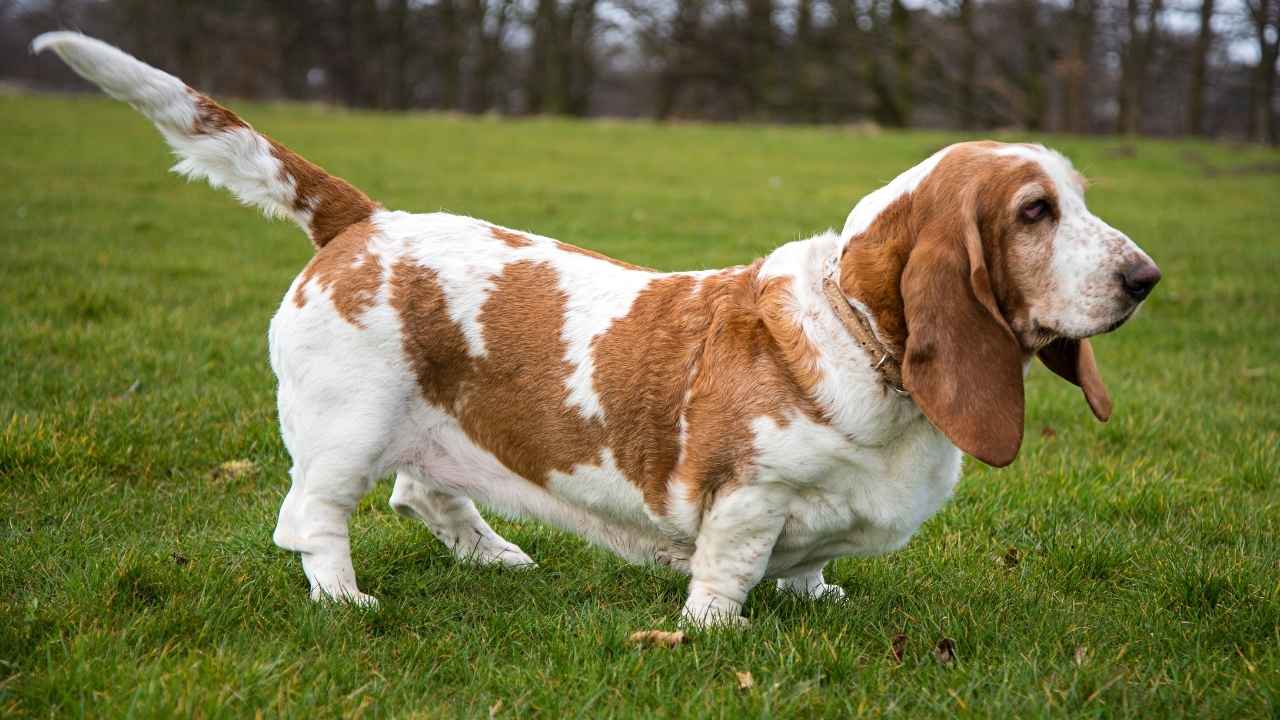Choosing the perfect canine companion is a decision that can bring immense joy and enrichment to your life. However, not all dog breeds are suited for every household or lifestyle. Certain breeds may present challenges due to their specific needs or behaviors, and understanding these can be crucial in making an informed choice. In this guide, we explore nine dog breeds that might pose difficulties for some owners, whether due to their size, energy levels, or unique care requirements. By recognizing these potential hurdles, you can ensure a harmonious match that leads to a lifetime of shared happiness.
Choosing the perfect dog is an exciting journey, but it’s not as simple as picking the cutest pup from the bunch. Each breed has its unique traits, needs, and quirks that may or may not align with your lifestyle. While every dog deserves love and a forever home, not every breed matches every person. In fact, selecting a breed that doesn’t fit your circumstances can lead to frustration—for both you and your new furry friend.
Some breeds are high-maintenance, others are relentless, and a few might be too energetic for someone looking for a couch companion. It’s all about understanding what you can realistically offer as a pet parent. And while all dogs have the potential to be wonderful companions, some breeds might require extra caution if their needs don’t align with yours.
In this blog, we’ll explore some popular dog breeds that might not be the best fit for certain households. Remember, this isn’t about labeling them as “bad” dogs—it’s about making informed decisions so both you and your dog can live happily ever after.
Dog Breeds To Avoid When Choosing A Dog
|
Belgian Malinois |
High energy and intelligence make them overwhelming for inexperienced owners; and require constant mental stimulation. |
|
Labrador Retriever |
Exuberance and high energy can be too much for families with small children or elderly members; prone to obesity. |
|
Golden Retriever |
Require constant interaction with families; need regular grooming and exercise to prevent restlessness. |
|
Boxer |
Strong-willed and high energy; prone to health issues like heart and joint problems; require early training. |
|
Cavalier King Charles Spaniel |
Prone to separation anxiety; high grooming needs; susceptible to heart disease and joint issues. |
|
Dachshund |
Independent and stubborn; prone to back problems due to their body shape; bark a lot. |
|
Great Dane |
Massive size needs space; prone to health issues like hip dysplasia and bloat; short attention span complicates training. |
|
Bernese Mountain Dog |
Large size and high energy; prone to hip dysplasia and cancer; require regular grooming and care. |
|
Basset Hound |
Stubborn and prone to obesity; prone to ear infections; strong sense of smell complicates leash training. |
1. Belgian Malinois
The Belgian Malinois is a canine superstar in police and military work, but this breed is not for the faint-hearted.
VCA Hospitals says they are known for their unmatched energy and intelligence.
This dog requires constant mental and physical stimulation. They thrive in environments where they have a job, whether it’s herding, guarding, or learning advanced commands.
However, their hunting instincts and liveliness can be overwhelming for inexperienced dog owners. They can become destructive or develop behavioral problems without sufficient exercise and training. Malinois are also incredibly strong-willed, requiring consistent leadership and much time dedicated to training.
Unless you’re ready to provide hours of daily activity and ongoing mental challenges, the Belgian Malinois may not be the right breed for you. For the right owner, they’re loyal, hardworking, and endlessly rewarding.
But this breed can quickly become too much for someone seeking a low-maintenance companion.
2. Labrador Retriever
The Labrador Retriever is one of the most popular dogs in the world, and for good reason. Labs are friendly, outgoing, and incredibly versatile. However, their popularity sometimes overshadows the challenges that come with owning one.
Labs are high in energy and these dogs require plenty of exercise and attention.
While they’re known for being family-friendly, their exuberance can be too much for small children or elderly family members. A bored Labrador can quickly turn to destructive behaviors, such as chewing furniture or digging up the backyard. Their love for food also makes them prone to obesity if their diet isn’t carefully managed.
Labs are best suited for active households that can meet their physical and mental needs.
If you’re not prepared for daily walks, playtime, and training sessions, you might find yourself overwhelmed by their energy.
That said, properly trained Labradors are loyal and affectionate companions for those who can keep up with them.
3. Golden Retriever
Golden Retrievers are beloved for their friendly and gentle nature like their Labrador cousins. They’re often the poster dogs for home pets, but there’s more to this breed than meets the eye. Goldens are incredibly social and require constant interaction with their families. They don’t do well being left alone for long periods.
PDSA claims Golden Retrievers also have high energy levels and need regular activities to stay healthy and happy. Without it, they can become restless and develop destructive habits.
Additionally, their luxurious coats require frequent grooming to prevent matting and shedding, which can be a hassle for some owners.
While Golden Retrievers are fantastic for active families who are home often, they’re not ideal for people with busy schedules or those looking for a low-maintenance pet. If you’re willing to put in the time and effort, though, a Golden Retriever’s love and loyalty are unmatched.
Which of These Breeds Do You Think is the Most Challenging to Own?
4. Boxer
The Boxer is a bundle of energy packed into a muscular, athletic frame.
Known for their playful and clownish personalities, they are incredibly entertaining. However, their liveliness and need for exercise can be challenging for some owners.
Boxers are also strong-willed and headstrong, making early training and socialization essential. Without proper guidance, their exuberance can lead to jumping, pulling on the leash, and other demeanor that can be difficult to manage. They’re also prone to specific health matters, such as heart problems and joint issues.
While they were not traditionally bred for dog fighting, unethical individuals have occasionally exploited their muscular build and strength in illegal fighting rings.
They are loving and protective companions for households with the time and energy to keep up with them. But this breed might not be the best fit if you’re looking for a low-key pet.
5. Cavalier King Charles Spaniel
The Cavalier King Charles Spaniel is the epitome of cuteness and charm, but this breed comes with its own set of challenges. Cavaliers are incredibly affectionate and thrive on human companionship. While this makes them excellent lap dogs, it also means they’re prone to separation anxiety.
These highly intelligent small animals are surprisingly energetic and require regular walks and playtime. However, PetMD says they are prone to some health issues!
Their silky, flowing coats require regular brushing to prevent tangles and matting. They also shed year-round, which can be a hassle for some owners. These dogs are highly social dogs and thrive on human companionship. They can develop severe separation anxiety if left alone for long periods.
They can be wonderful companions if you’re home often and prepared for the financial commitment of owning a Cavalier. However, they’re not ideal for first-time owners, people working long hours, or looking for a low-maintenance pet.
6. Dachshund
With its long body and short legs, the Dachshund is one of the most recognizable dog species. While their quirky appearance and spunky personalities make them popular, they’re not without their challenges. These aggressive dogs are independent and quite stubborn, making training a bit tricky.
They’re also prone to back problems due to their unique body shape, so you’ll need to be cautious about jumping or climbing stairs.
Also, Hills Pet says they bark a lot!
Additionally, these hunting dogs have a high prey drive and may not get along well with smaller pets like cats or rabbits. They were initially bred in Germany to hunt badgers, rabbits, and other burrowing animals. Their long bodies and strong digging instincts make them excellent at flushing out prey from underground.
Despite these challenges, Dachshunds are loyal and entertaining companions for the right pet parents. They do best in homes where they can be the center of attention and receive plenty of mental and physical stimulation.
7. Great Dane
The Great Dane is known as the gentle giant of the dog world. While their size is part of their charm, it’s also one of the reasons they may not be suitable for every household.
Compared to other dogs, they require plenty of space to move around and are best suited for homes with large yards.
These large dogs, despite their intelligence, have a short attention span, making training sessions more challenging. Consistency and patience are key. Untrained Great Danes can easily overpower their owners.
They are also notorious droolers, especially after eating or drinking. Their drool can get on furniture, walls, and even you. While they are affectionate and gentle with their families, their size and care requirements can be overwhelming for first-time dog owners.
If you’re ready for the commitment, though, these dogs, compared to other animals, make loyal and loving companions.
8. Bernese Mountain Dog
The Bernese Mountain Dog is a large, fluffy breed with a sweet and gentle temperament. Originally bred as working dogs in the Swiss Alps, they’re strong and capable animals.
However, their size and high energy levels can challenge some owners.
These guard dogs are prone to health problems like hip dysplasia and cancer, which can result in significant veterinary costs. Their thick double coat requires regular grooming and proper care to keep it clean and mat-free. They’re also not well-suited for hot climates due to their heavy coats.
Bernese Mountain Dogs with great guarding instincts are also highly affectionate and devoted companions for active families in cooler climates.
But this breed might not be the best choice if you’re a new owner and unprepared for their size, grooming needs, and potential health issues.
9. Basset Hound
The Basset Hound is known for its droopy ears and soulful eyes, but this breed has some quirks that might not appeal to every dog parent.
Bassets are independent and stubborn, which makes workout a bit of a challenge. They’re also prone to obesity if not given proper exercise.
Their long ears and low-to-the-ground build make them prone to ear infections and other health issues. They also have a strong sense of smell and can easily get distracted during walks, making leash training essential.
Despite their challenges, these smart dogs are gentle and affectionate dogs that love spending time with their families. They’re best suited for owners who appreciate their laid-back nature and are willing to try to keep them healthy and well-trained.
Conclusion
Choosing the right dog is about finding the perfect match for your lifestyle and circumstances. While the breeds mentioned in this blog are incredible in their own right, they each come with challenges that might not make them the best fit for everyone. It’s essential to consider factors like energy levels, grooming needs, health issues, and temperament before deciding.
Certain breeds like the American pit bull terriers, Fila Brasileiro, Rottweiler, Akita, German shepherds, Brazilian mastiffs, Alaskan malamutes, American bulldogs, and presa canario are also some dogs that may have shown some behavioral issues at times.
Remember, there’s no such thing as a “bad” breed—only mismatched relationships. By understanding the unique needs of each breed, you can ensure a happy and fulfilling life for both you and your furry friend. After all, the best dog for you is the one whose personality and needs align with your own.
When choosing a dog, it’s crucial to consider various breed-specific traits and your lifestyle to ensure a harmonious existence. While certain breeds may make excellent pets for some, they might not suit everyone due to factors like high energy levels, grooming needs, or temperament quirks. Informed decisions help prevent mismatches that could lead to challenges for both the owner and the dog. By thoroughly researching and understanding a breed’s characteristics, potential health issues, and compatibility with your living situation, you can foster a rewarding, lasting relationship with your future canine companion.

